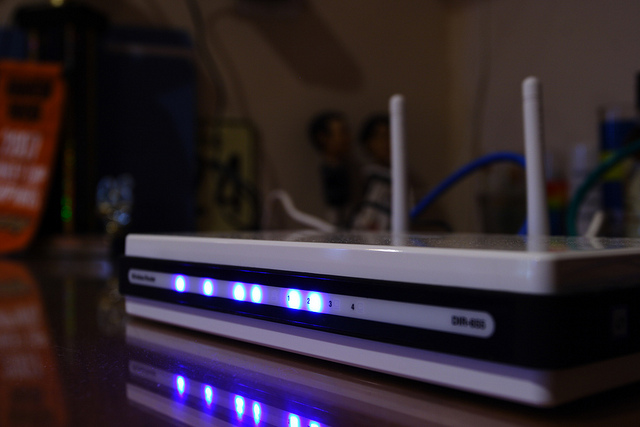Quantum networks may be more realistic than we thought
Ars Technica » Scientific Method 2012-12-13
The quantum Internet is a term that has been bandied about a lot recently. And, for the moment it is utter nonsense. The Internet connects computers, so the quantum Internet pre-supposes the existence of useful quantum computers. The Internet also involves arbitrary on-the-fly routing through many intermediate stations, while current quantum communications protocols rely on point-to-point connections. I can't think of anything less Internet-like than that.
The nice thing about buzzwords, though, is that some people take them seriously while also recognizing the problems inherent to the idea. That leads to some fantastic research. A group of Japanese and British researchers have come up with a communications protocol that overcomes many of the fundamental problems associated with transferring quantum information over long distances. We still don't have a quantum computer, but when we do, these guys know how to connect them up.
Quantum static on your phone line
The issue boils down to the very nature of the quantum state. Usually, when we consider a quantum bit (qubits) of information, we are talking about a single photon. In any optical fiber, there is a certain probability the photon will be absorbed, which increases exponentially with distance. Generally, this limits point-to-point quantum data transfer to distances under 100km.
Read 15 remaining paragraphs | Comments
